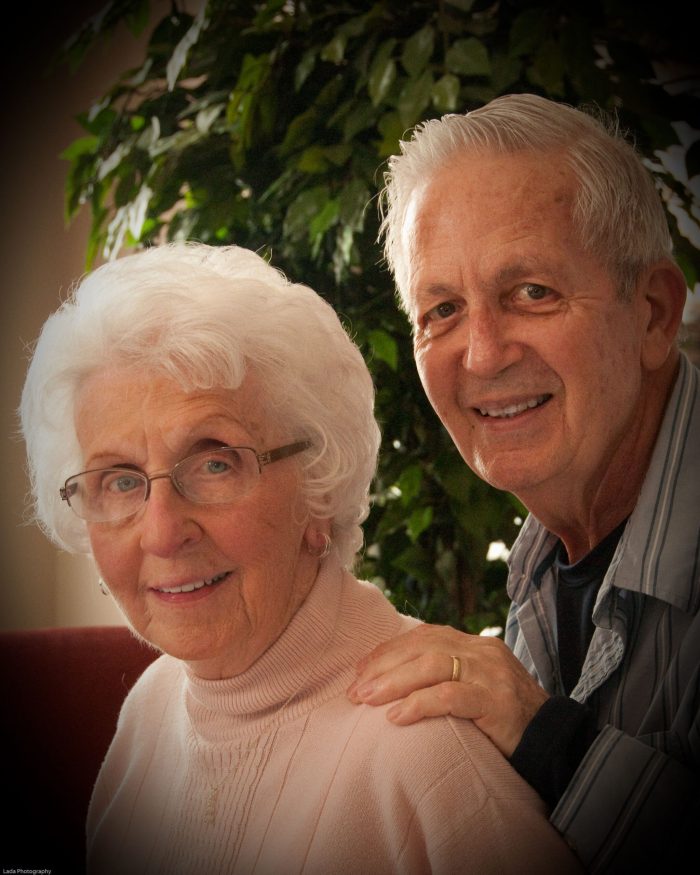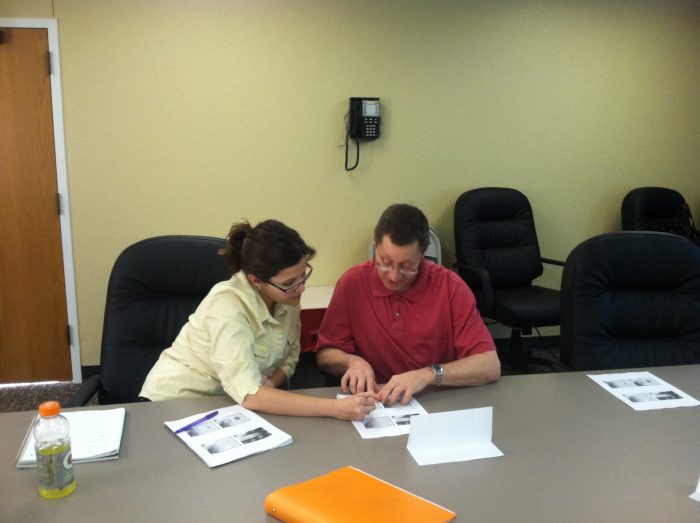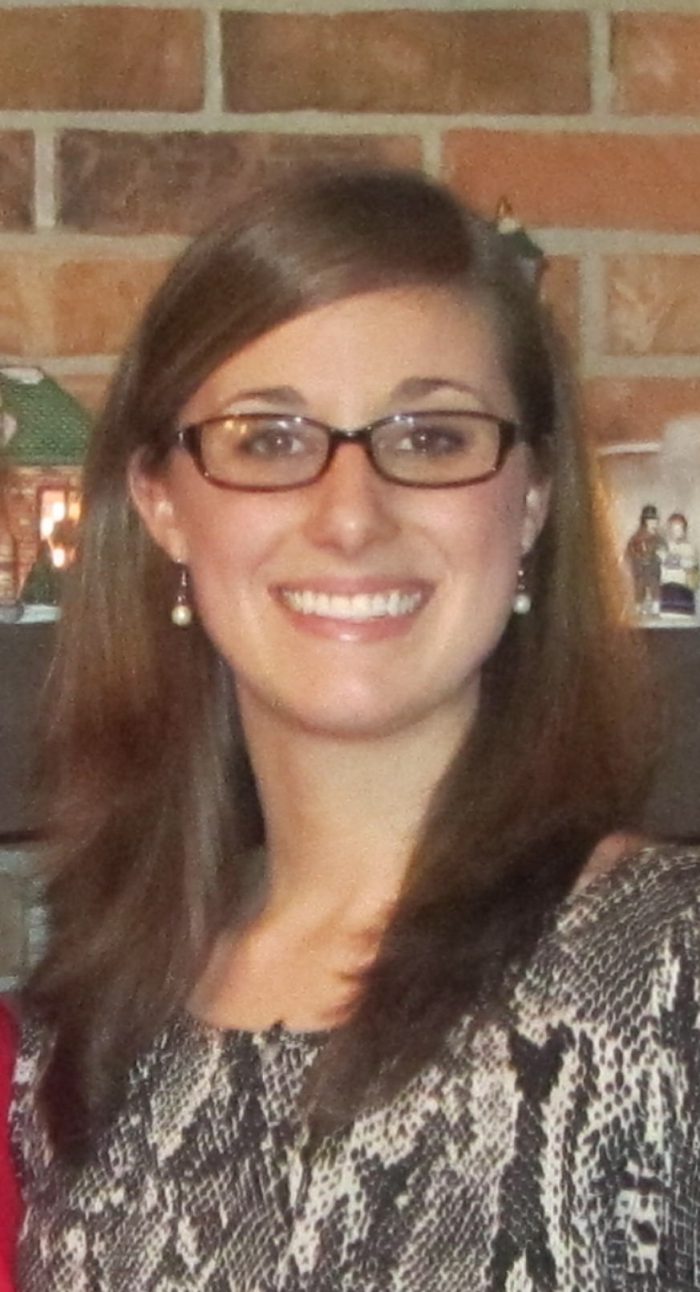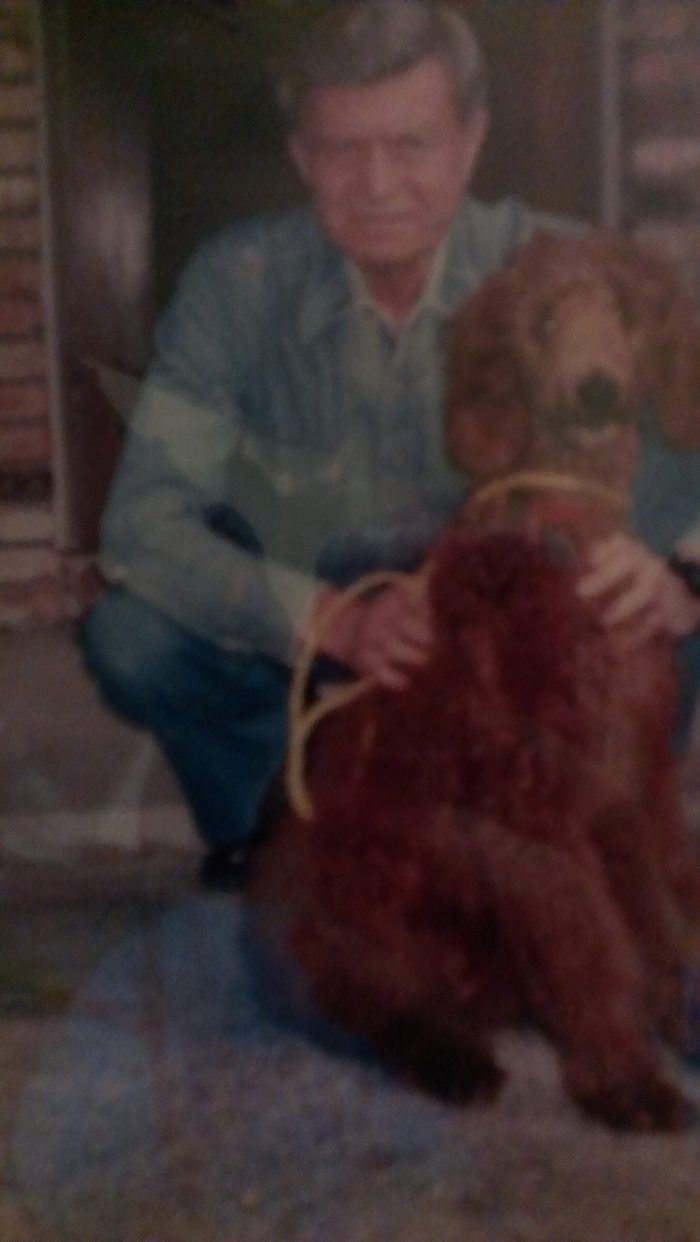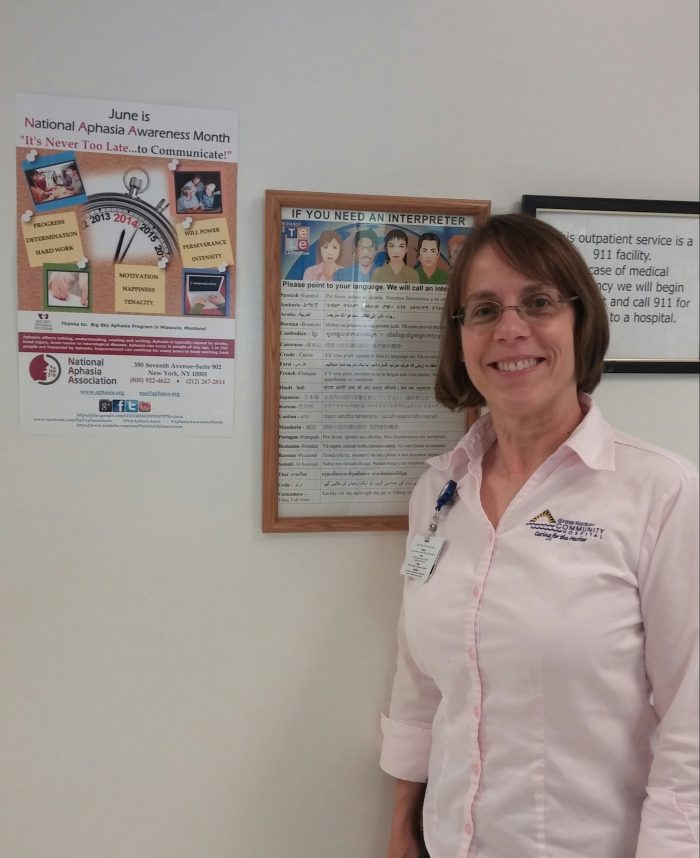An SLP Graduate Student’s Experience
I am a speech-language pathology graduate student at Jacksonville University and am currently taking a course on aphasia. My professor’s extensive knowledge and compassion has poured over to her students, and I have become so passionate about helping those affected by aphasia. We have had experiences with guests with aphasia come into our class several…



